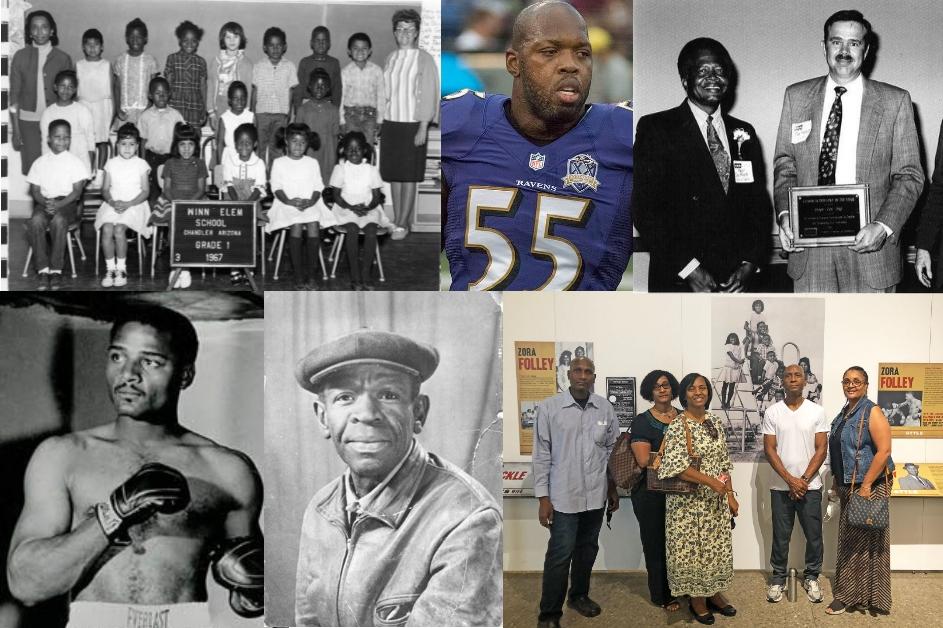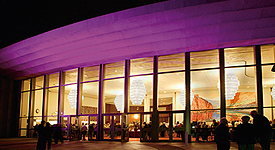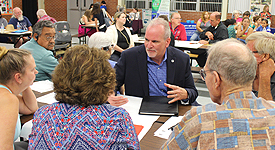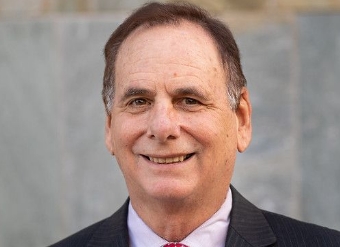
Collecting the history of Chandler’s residents goes well beyond searching old books and newspapers. For the latest project, the Chandler Museum in partnership with the Chandler Public Library took a more innovative approach to gather important stories from the City’s Black residents.
Using state-of-the-art audio recording equipment in the Library’s soon-to-open public makerspace, the teams have begun work on a project bringing the oral histories of Black community members to life.
The makerspace — dubbed The Makery — houses three rooms of high-tech digital and physical production equipment within in the Chandler Downtown Library. From a laser cutter to a 3D printer to a fully equipped audio/visual recording studio, The Makery offers unique access to tech tools makers may not otherwise be able to use. Teams at the Museum and Library will begin using this space to record oral histories beginning in March.
Jean Reynolds, Cultural Affairs Coordinator for the Chandler Public Library, said the Library applied for the federally-funded LSTA (Library Services and Technology Act) grant to better equip The Makery to serve this project as well as future creators at the Library.

“This project has enabled us to acquire newer audio and visual recording equipment to produce higher-quality recordings within the Library facility for oral histories,” Reynolds said. “We knew this would be the right project to collect important Chandler history and engage more members of our community with resources available at the Library.”
According to Nate Meyers, Collections Coordinator for the Chandler Museum, the project offers the Museum a chance to access equipment to fill gaps in its permanent collection documenting the City’s history.
“At this point in time, the story of Chandler’s Black community is under-documented in the Museum’s collections,” Meyers said. “This grant is an opportunity to work with the Library to fill a need and start documenting that history in a much more serious and comprehensive way.”
The project will collect oral histories from new and long-time Black residents in Chandler. Eventually, the project will create a digital collection of audio files and transcriptions detailing stories of family, business, life and legacy of Chandler’s Black residents.
The oral histories will be added to the Museum’s collection and will be used for future exhibits showcasing the history of Chandler’s Black community.
The project aligns with the Museum’s current year-long exhibit, Bigger Than Boxing: Zora Folley and the 1967 Heavyweight Title. The exhibit showcases the life and legacy of Folley, Chandler’s first professional athlete and the first Black man to serve on the Chandler City Council.
“The Folley exhibit was our first, but certainly not our last, large-scale attempt at documenting Black stories and sharing Black history at the Museum,” Meyers said. “Folley is well-documented, but other than that, very few Black figures in Chandler’s history have well-documented histories we can currently access. This project aims to build a stronger foundation of research we can grow upon in the future.”
The project is slated to begin collecting histories this spring. The team hopes to collect about 20 stories over the course of the summer to kick off the initiative.
“Our hope is word of this opportunity will spread and more people will come forward to share their stores and help the project grow long after the initial phase,” Reynolds said. “Whether they are long-term residents or have lived here for just a few years, we want people to know their stories are valuable and we want to record them.”
For more information on project participation, connect with Collections Coordinator Nate Meyers.



